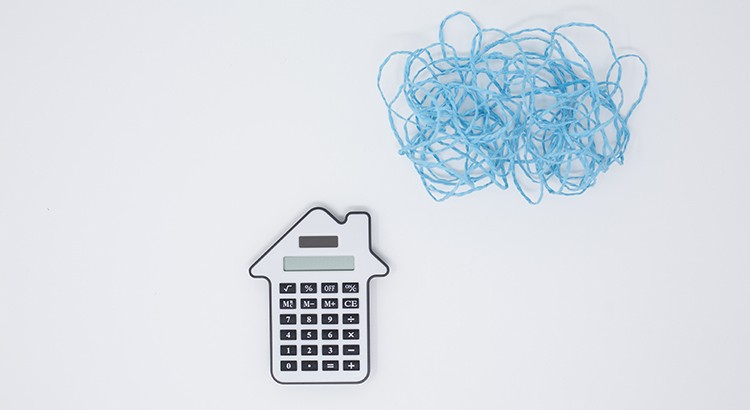
“Let’s break down one of the big equity stories you may be seeing in the news, and what’s actually taking place.”
Home equity has been a hot topic in real estate news lately. And if you’ve been following along, you may have heard there’s a growing number of homeowners with negative equity. But don’t let those headlines scare you.
In truth, the headlines don’t give you all the information you really need to understand what’s happening and at what scale. Let’s break down one of the big equity stories you may be seeing in the news, and what’s actually taking place. That way, you’ll have the context you need to understand the big picture.
Headlines Focus on Short-Term Equity Numbers and Fail To Convey the Long-Term View
One piece of news circulating focuses on the percentage of homes purchased in 2022 that are currently underwater. The term underwater refers to a scenario where the homeowner owes more on the loan than the house is worth. This was a huge issue when the housing market crashed in 2008, but it much less significant today.
Media coverage right now is based loosely on a report from Black Knight, Inc. The actual report from that source says this:
“Of all homes purchased with a mortgage in 2022, 8% are now at least marginally underwater and nearly 40% have less than 10% equity stakes in their home, . . .”
Let’s unpack that for a moment and provide the bigger picture. The data-bound report from Black Knight is talking specifically about homes purchased in 2022, but media headlines don’t always mention that timeframe or provide the surrounding context about how unusual of a year 2022 was for the housing market. In 2022, home price appreciation soared, and it reached its max around March-April. Since then, the rate of appreciation has been slowing down.
Homeowners who bought their house last year right at the peak or those who paid more than market value in the months that followed are more likely to fall into the category of being marginally underwater. The qualifier marginally is another key piece of the puzzle the media isn’t necessarily including in their coverage.
So, what does that mean for those who purchased a home in 2022? It’s important to remember, owning a home is a long-term investment, not a short-term play. When headlines focus on the short-term view, they’re not necessarily providing the full context.
Typically speaking, the longer you stay in your home, the more equity you gain as you pay down your loan and as home prices appreciate. With recent market conditions, you may not have gained significant equity right away if you owned the home for just a few months. But it’s also true that many homeowners who recently bought their house are unlikely to be looking to sell quite yet.
Bottom Line
As with everything, knowing the context is important. If you have questions about real estate headlines or about how much equity you have in your home, let’s connect.
To view original article, visit Keeping Current Matters.
Your Equity Could Make a Move Possible
Today’s mortgage rates are higher than the one they currently have on their home, and that’s making it harder to want to sell and make a move. Equity can help you make your move.
More Than a House: The Emotional Benefits of Homeownership
Here’s a look at just a few of those more emotional or lifestyle perks, to help anchor you to why homeownership is one of your goals.
The Biggest Mistakes Buyers Are Making Today
There’s one way to avoid getting tripped up – and that’s leaning on a real estate agent for the best possible advice.
How Do Climate Risks Affect Your Next Home?
How can you be sure your investment is safe from the elements? Work with a local real estate agent!
Questions You May Have About Selling Your House
If you’ve been considering selling your house, and have some questions, call us today for some clarity.
Worried about Home Maintenance Costs? Consider This
If you’re worried about home maintenance, here’s some information you may find interesting.





